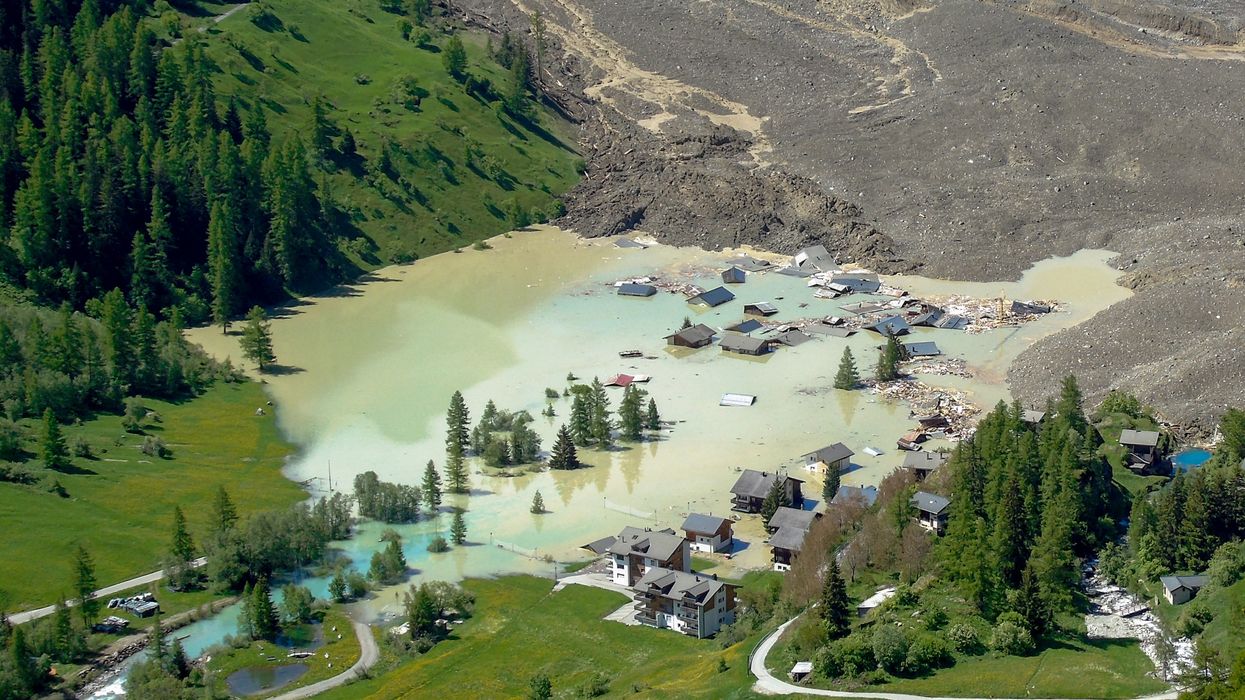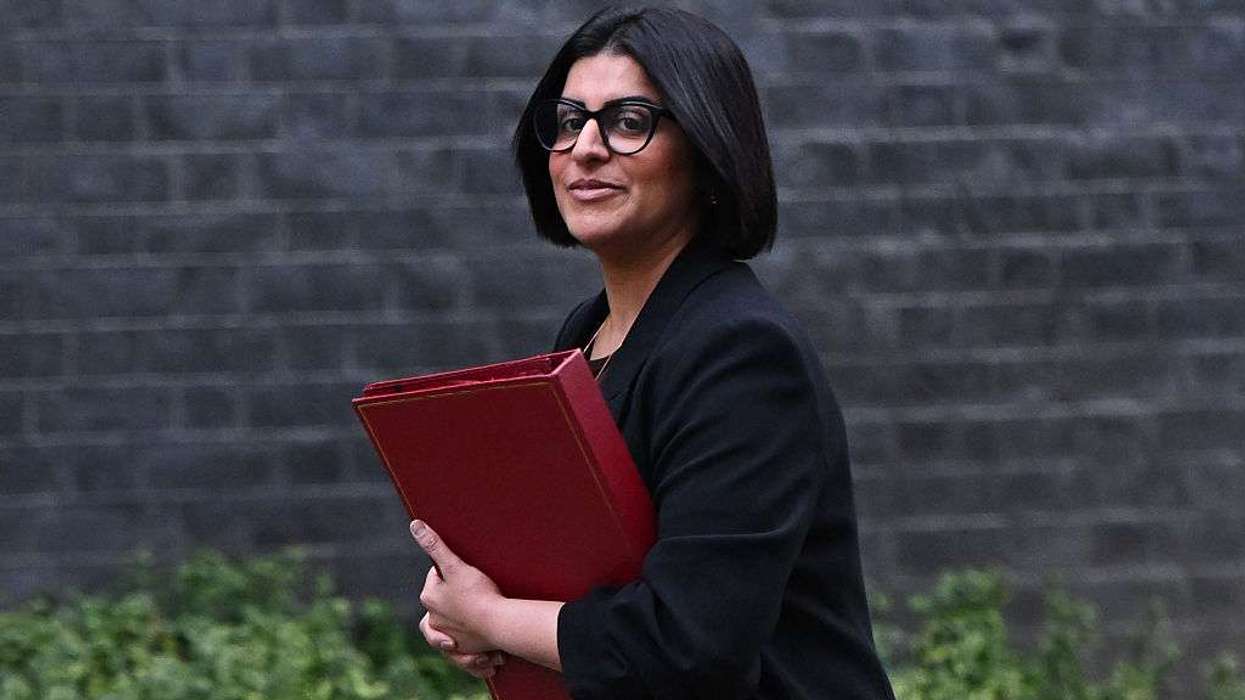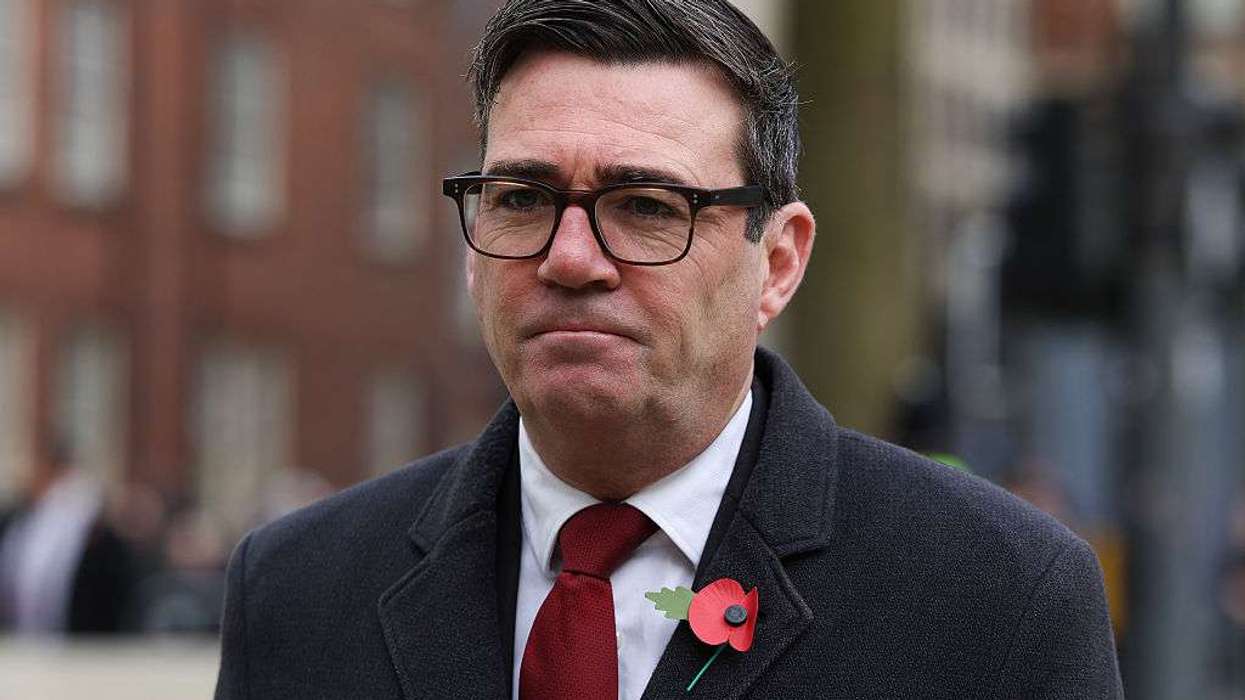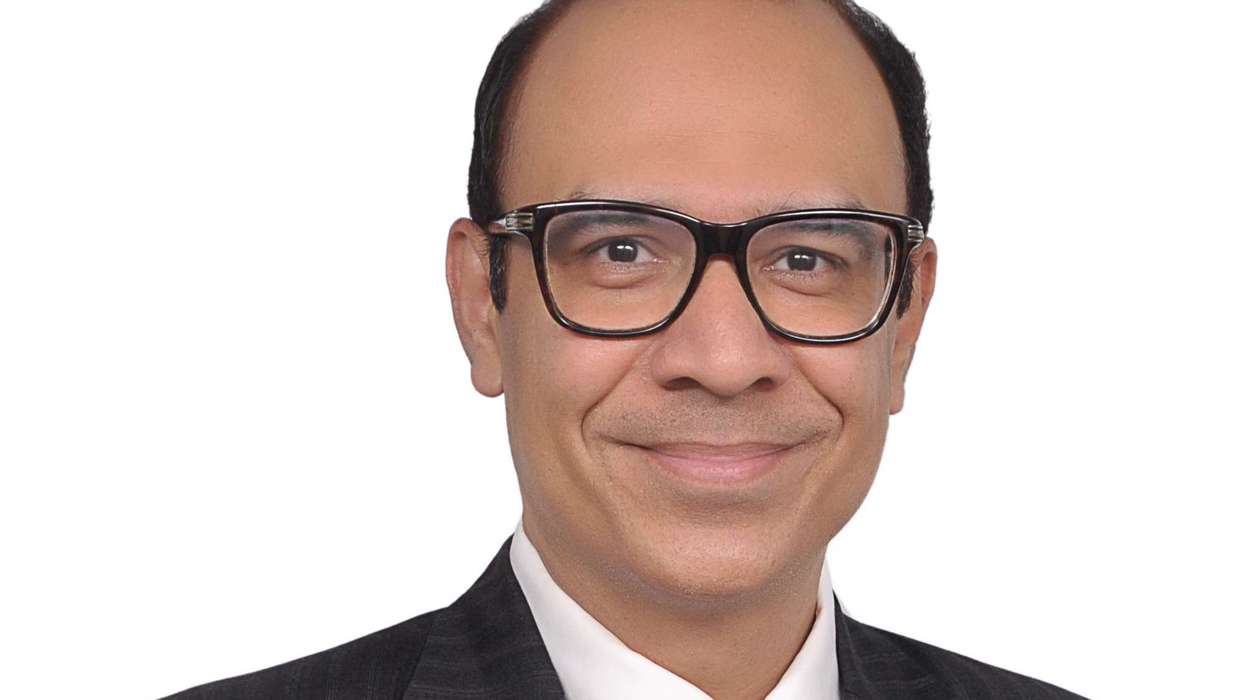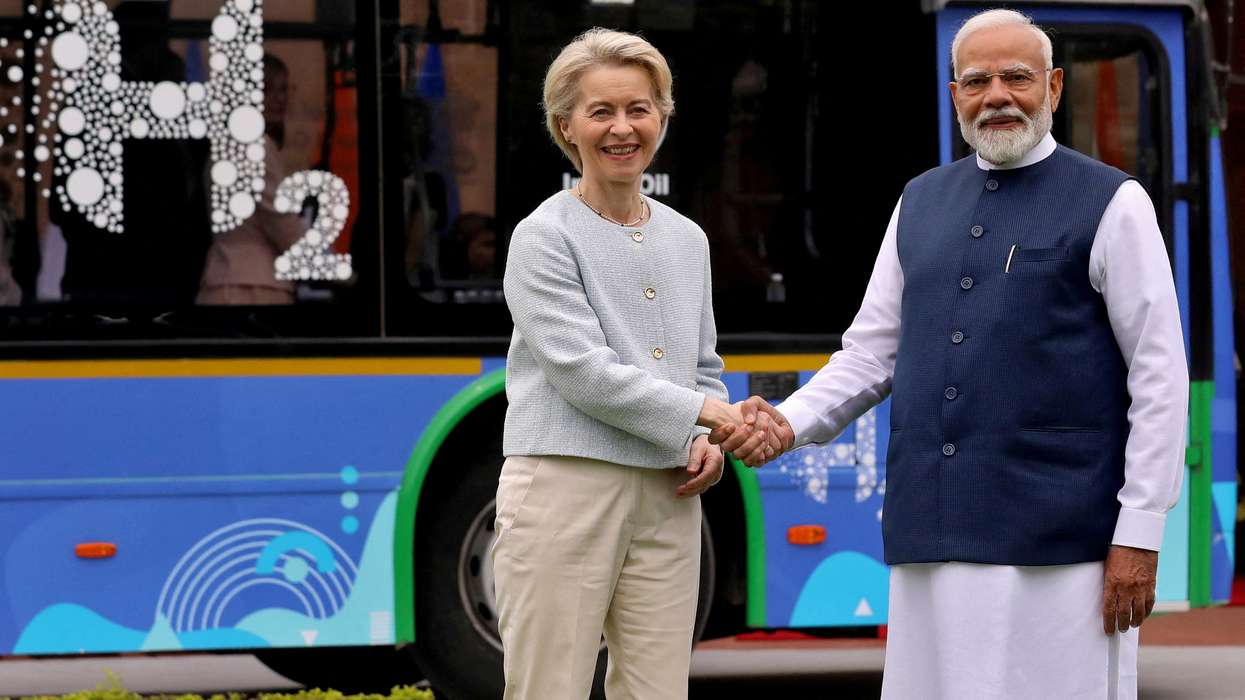A large section of glacier collapsed in the Swiss Alps on Wednesday, partially destroying the village of Blatten in the canton of Valais. Although the area had been evacuated several days earlier due to fears of glacial instability, one person has been reported missing, and extensive damage has been done to property.
The collapse of the Birch glacier triggered a massive avalanche of ice, mud and debris that swept through the valley. Drone footage captured the moment a huge section of the glacier broke away around 15:30 local time (14:30 BST), creating a deafening roar and leaving a dense cloud of dust in its wake.
Blatten, home to around 300 residents, had been evacuated on 19 May after geologists monitoring the glacier warned it was showing signs of imminent collapse. Despite the evacuation, the scale of the destruction is significant, with numerous homes flattened and the area left unrecognisable.
Mayor Matthias Bellwald described the event as “unimaginable” and emotionally stated: “We have lost our village, but not our heart. We will support each other and console each other. After a long night, it will be morning again.” He insisted that the community still had a future despite the devastation.
- YouTube YouTube/ DisasterToday
The Swiss government has pledged support for the affected residents, promising funding to ensure they can remain in the region, even if not in Blatten itself. Local authorities have also requested assistance from the Swiss army’s disaster relief unit, while government officials are en route to the site to assess the situation.
Raphaël Mayoraz, head of the regional Office for Natural Hazards, warned that further evacuations in surrounding areas might be necessary due to the ongoing risk.
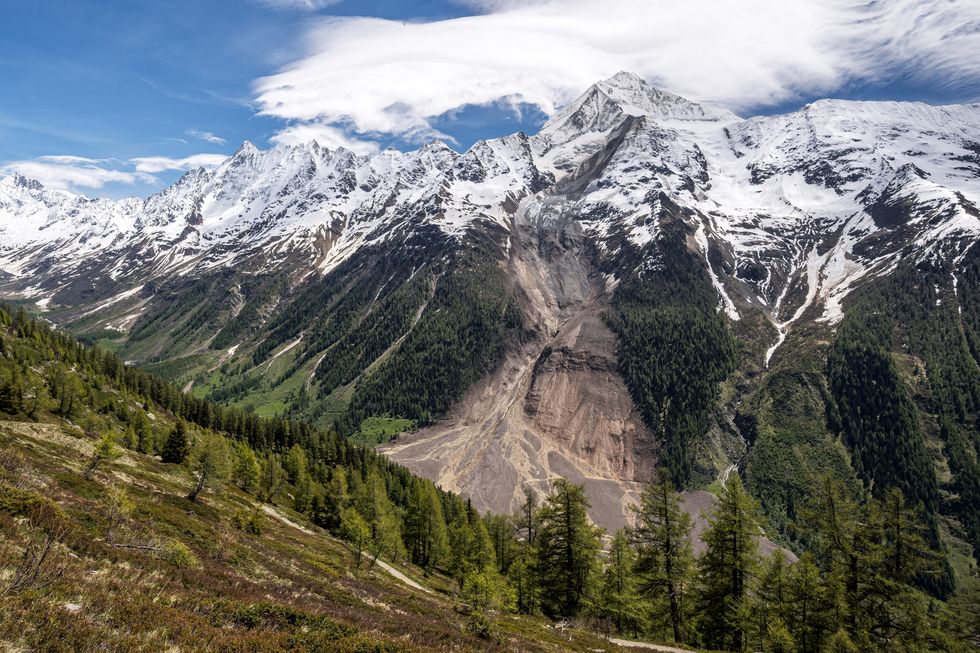
This latest incident underscores growing concerns about the impact of climate change in the Alps. Rising global temperatures are accelerating the melt of glaciers and thawing the permafrost, which helps stabilise mountain terrain. Scientists have warned that such changes are increasing the likelihood of landslides, avalanches, and flooding in alpine regions.
Blatten is not the first village to face such a threat. In 2023, residents of Brienz, also in eastern Switzerland, were evacuated after signs that the mountainside above was deteriorating. They have since only been allowed limited access to their homes.
In 2017, the village of Bondo experienced Switzerland’s largest landslide in more than a century, killing eight hikers and causing severe property damage.
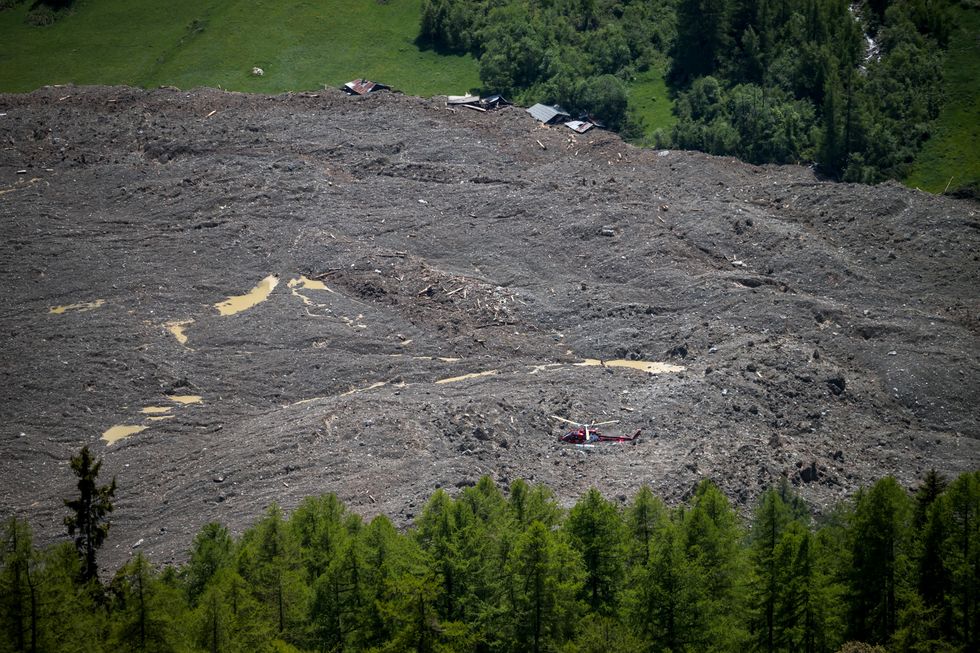
The latest report on Switzerland’s glaciers suggests that, unless global warming is limited to a 1.5°C rise above pre-industrial levels – the target set by the 2015 Paris climate agreement – the country’s glaciers could vanish entirely within the next hundred years.
Many climate scientists believe that the 1.5°C threshold has already been exceeded or is on track to be, meaning such disasters are likely to become more frequent.
Efforts are now focused on securing Blatten’s surroundings, accounting for missing persons, and planning long-term recovery for a village that, while scarred, is determined to endure.
